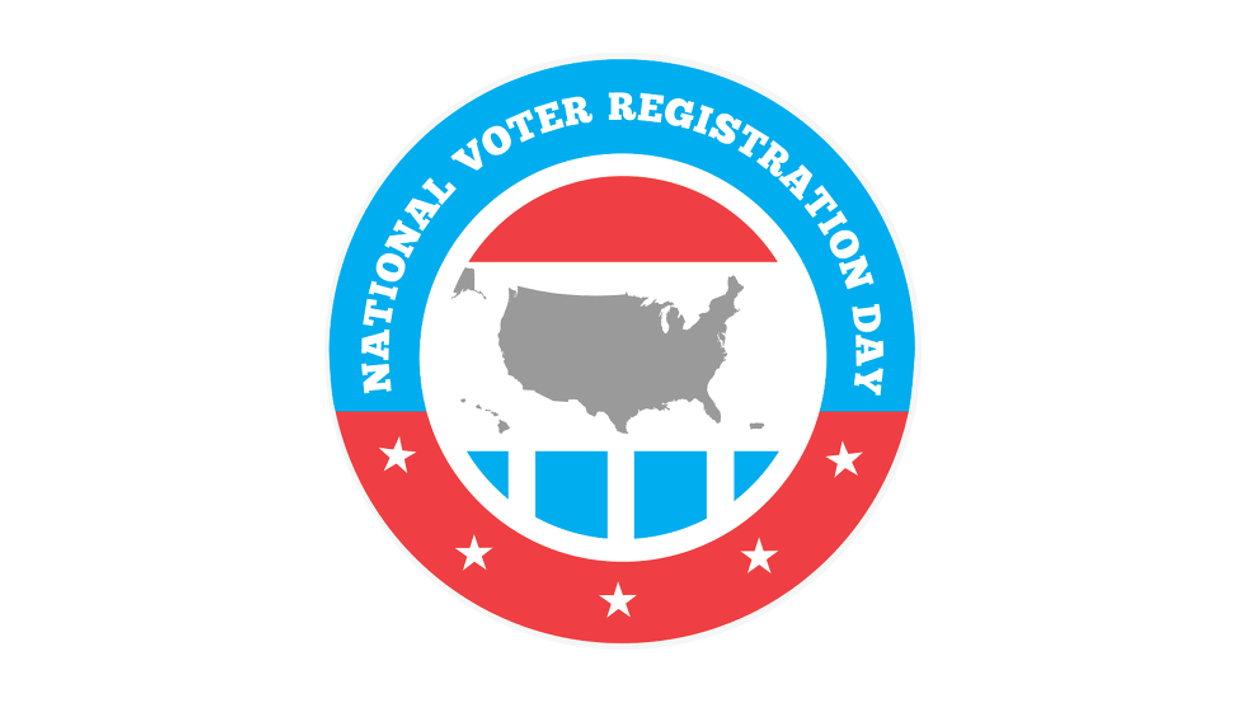The 2020 primaries are just around the corner, and thanks to this year's National Voter Registration Day, an additional 400,000 people are ready to cast their ballots.
The estimated number of registrations is nearly three times that of previous non-election-year events. And while some of these new or renewed registrants can now participate in local and state elections this fall, many are gearing up for important primary races happening as early as February of next year.
Over 4,000 community partners held events where people could sign up in time for their next election, whether it's this fall or next year. The League of Women Voters alone held over 500 voter registration drives.
Celebrities across the country promoted the unofficial holiday, from Ellen and Quincy Jones to Michelle Obama and Newt Gingrich. #NationalVoterRegistrationDay was also the top trending topic on Twitter on Sept. 24.
For anyone who missed National Voter Registration Day and has a local or state election in 2019, Oct. 4 is the deadline in at least 13 states. Voters can register online here.




















